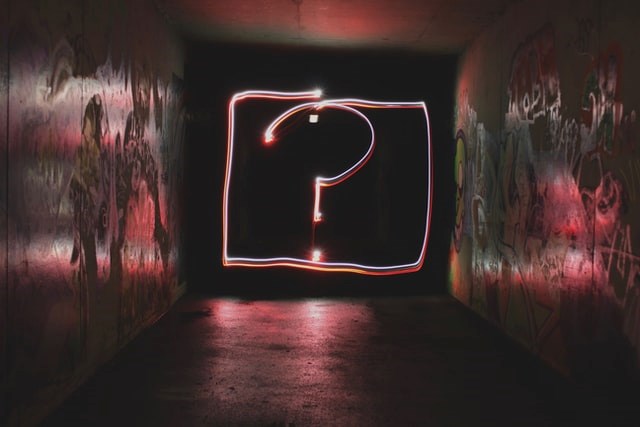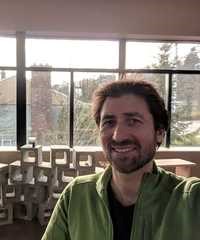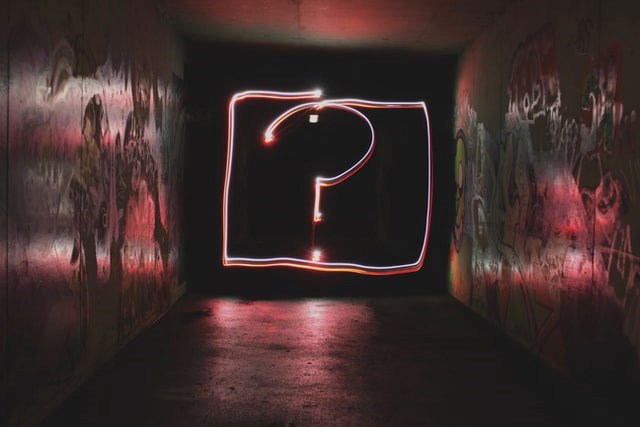 But what can I do to make things better?” This is a question as white people we often demand people of colour answer for us, wringing our hands, not knowing how to respond to revelations of ongoing systemic racism and violence. For example there was the recent murder of four members of a Muslim family in London, Ontario, who were out for an evening walk, by a young white man who used his vehicle as a weapon. Even the police were quick to label it a hate crime. Following the attack there were the predictable outpourings of surprise and shock among white Canadians. It’s as though as white folks we engage in a kind of collective forgetting, a racist amnesia. Plausible deniability is a favourite tactic. Not knowing or pretending not to know racism exists are convenient ways to escape accountability. Every time some new revelation of racist violence emerges, as white folks we often profess shock in order to maintain our innocence. White innocence is central to maintaining systems of white supremacy, on which Canada as a colonial power was founded, protecting the status quo.
But what can I do to make things better?” This is a question as white people we often demand people of colour answer for us, wringing our hands, not knowing how to respond to revelations of ongoing systemic racism and violence. For example there was the recent murder of four members of a Muslim family in London, Ontario, who were out for an evening walk, by a young white man who used his vehicle as a weapon. Even the police were quick to label it a hate crime. Following the attack there were the predictable outpourings of surprise and shock among white Canadians. It’s as though as white folks we engage in a kind of collective forgetting, a racist amnesia. Plausible deniability is a favourite tactic. Not knowing or pretending not to know racism exists are convenient ways to escape accountability. Every time some new revelation of racist violence emerges, as white folks we often profess shock in order to maintain our innocence. White innocence is central to maintaining systems of white supremacy, on which Canada as a colonial power was founded, protecting the status quo.
Eventually feeling pangs of guilt as white folks, we make some kind of vague promise to be better. When this happens we often start asking people of colour to teach us very specifically what we should do. We ask racialized people to become our personal trainers to make us better people, meanwhile dismissing a wealth of writing and teaching they’ve already made publicly available. While we demand this free labour, our racialized neighbours continue experiencing structural violence, which we may not have created, but as white folks we help maintain it in active and passive ways.
Lenny Duncan, a queer Black Lutheran theologian and pastor in Vancouver, Washington, and author of “United States of Grace” has noted this phenomenon. When asked “But what can I do?” he challenges white folks to do more than form a reading group. He urges us to show up. If there is a Black Lives Matter march we can show up, including building relationships, and offering labour and resources to organizers.
Those of us who are community leaders can use positions of power and privilege. Duncan has urged bishops in the US to show up to ICE hearings with all their regalia and simply sit in the courtrooms and listen. No signs, no speeches, just being a presence demanding justice and grace. Taking up space letting the judges know that leaders representing thousands of Christians care what happens to refugees and migrants.
These actions are context dependent. Considering recent revelations of Indigenous children discovered in unmarked graves at residential schools, showing up for justice and grace looks different when churches are implicated in genocide. We must defer to the wishes of Indigenous leaders. To name one example Carolyn Klaassen, an Indigenous Lutheran seminary student, crafted and led a Service of Lament for National Indigenous Peoples Day, together with mainly BIPOC clergy. Centring Indigenous voices in our midst and following their lead is one way to be better.
Consider representation in our organizations. We can commit to increasing representation of racialized people in leadership. If someone experiences racism in our organizations we can implement policies to take these complaints seriousl
As we have journeyed through Pride month, consider concrete things we can do to make things better for queer people of colour, including trans and poly folks who often don’t fit into corporate expressions of pride. What are ways those of us with relatively more privilege can show up and share resources with neighbours?
 Lyndon Sayers is co-pastor at Lutheran Church of the Cross, Victoria.
Lyndon Sayers is co-pastor at Lutheran Church of the Cross, Victoria.
You can read more articles on our interfaith blog, Spiritually Speaking, HERE
* This article was published in the print edition of the Times Colonist on Saturday, June 26th 2021
Photo by Emily Morter on Unsplash



